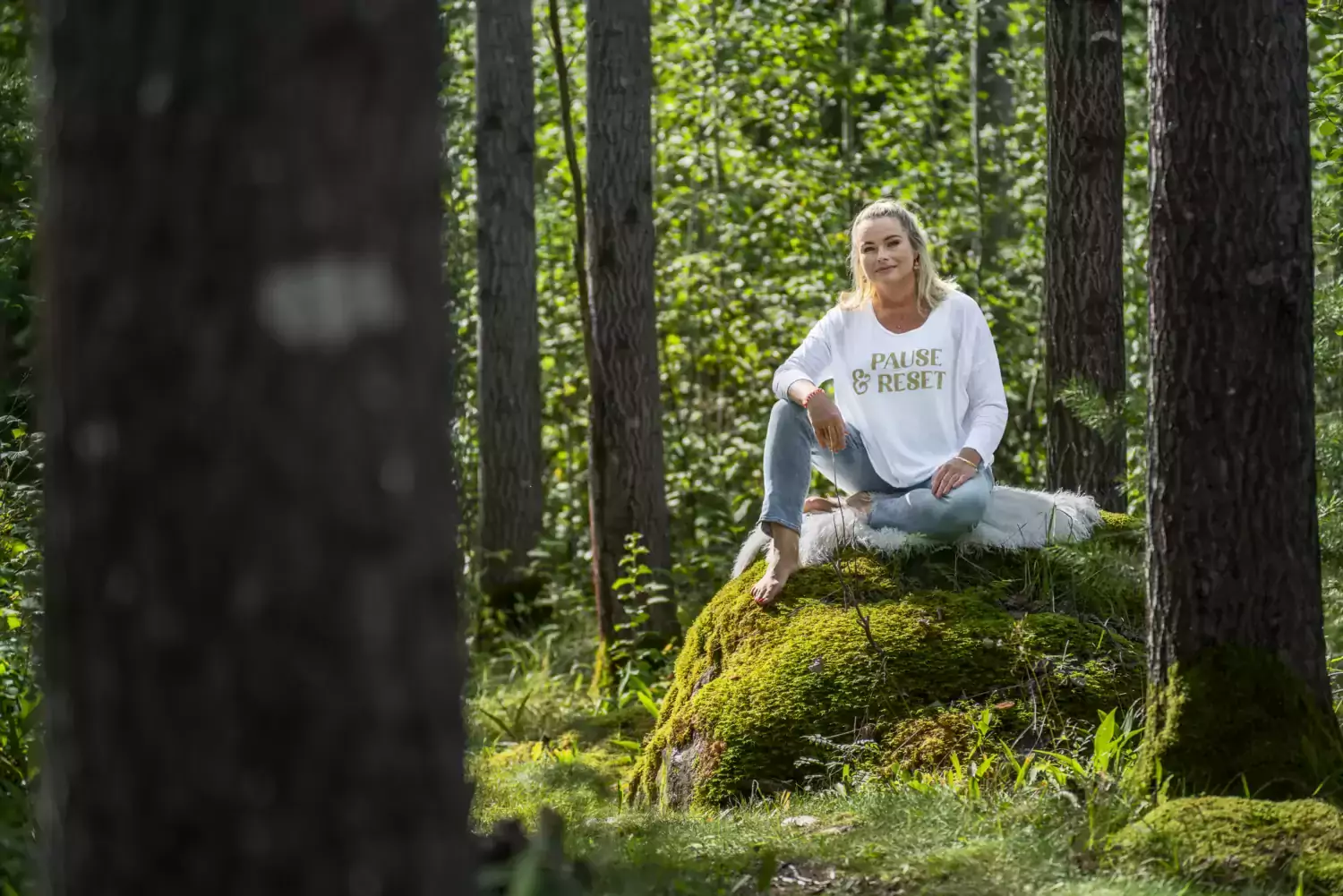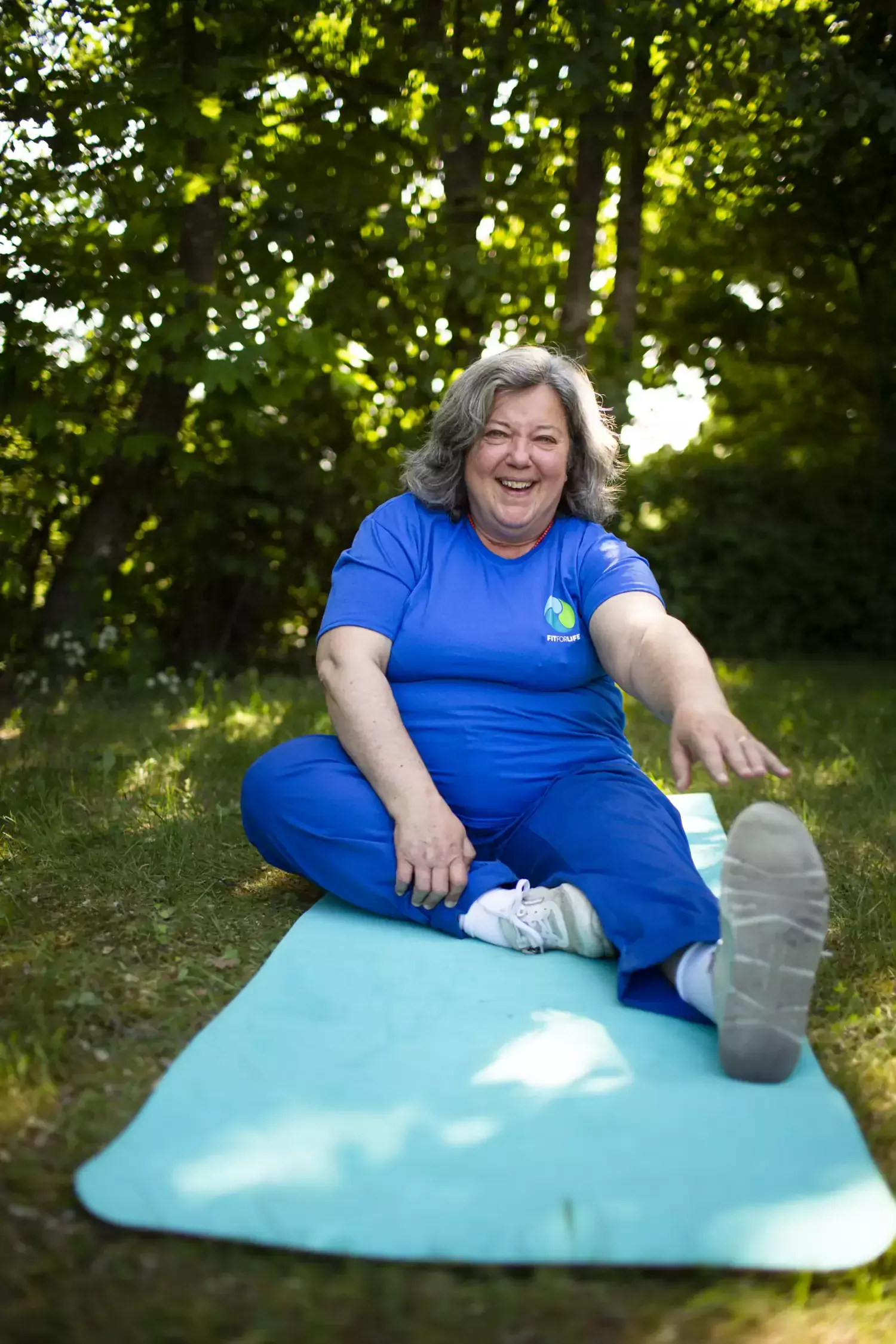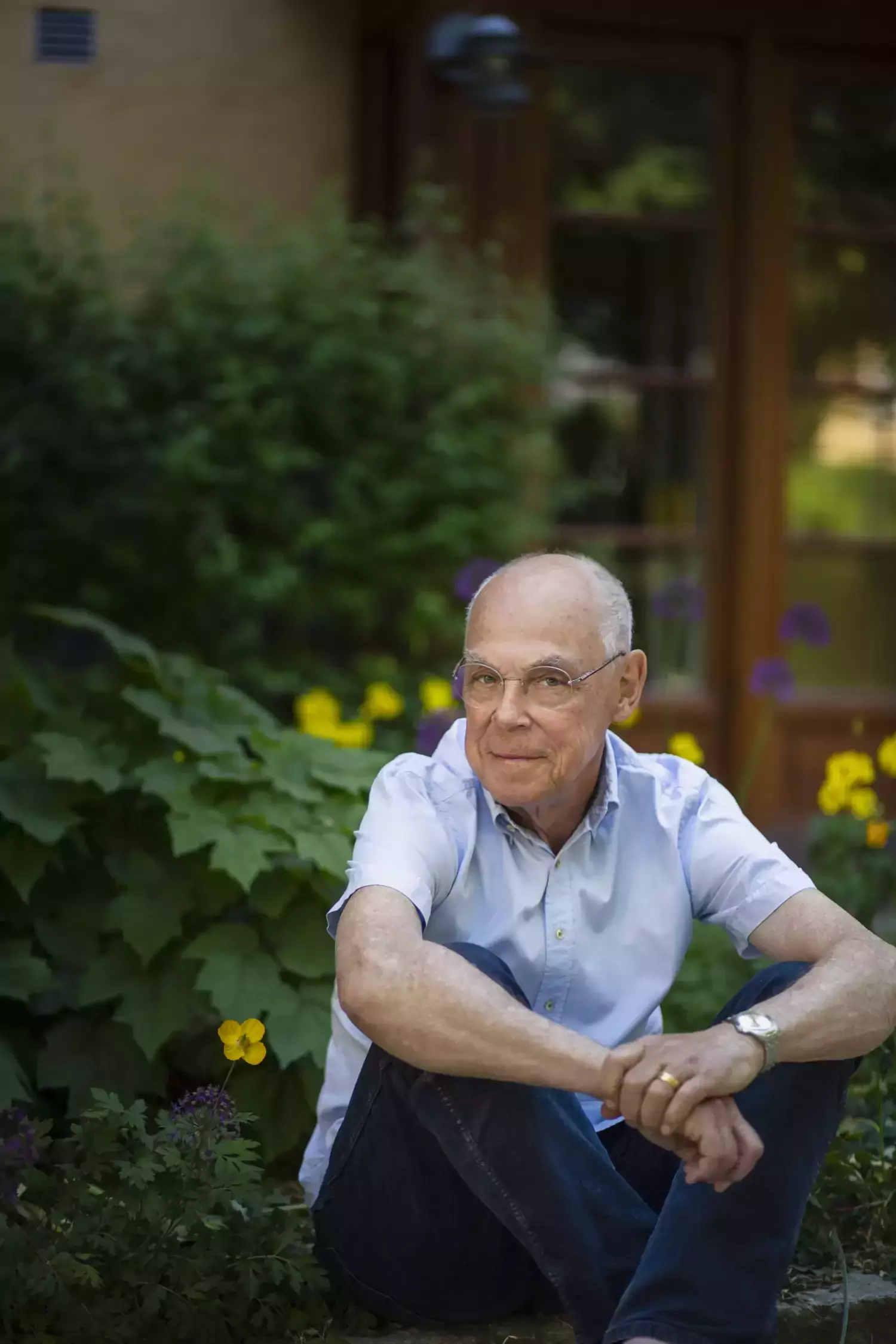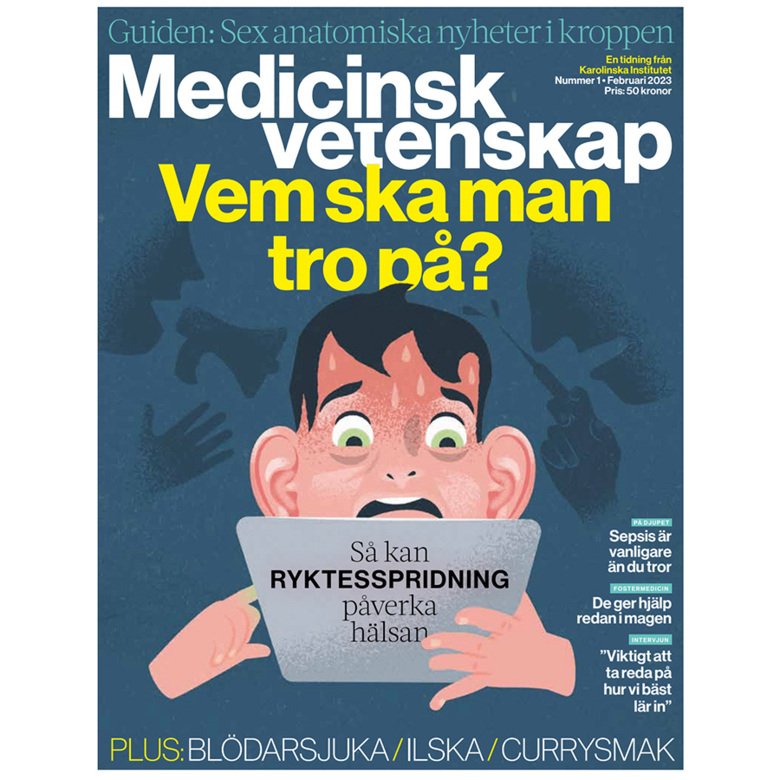Hired as experts in their own illness

More and more researchers understand the importance of including the patients' experiences when planning scientific studies. Meet three people who have been hired as experts in their own illness.
Text: Magnus Trogen Phalén in translation from Swedish for the magazine Medicinsk Vetenskap No 3/2023.
"It felt obvious to be a part of it"
Name: Margot Hinzdahl
Diagnosis/illness: Exhaustion syndrome.
Occupation: Previous Graduate Economist, currently nutrition advisor and exhaustion coach and yoga instructor.
Contribution to the research: Patient expert who increase the knowledge on exhaustion syndrome and severe fatigue.
"My symptoms gradually increased for several years. I found it more and more difficult to sleep and would wake up with headaches. Both work and my day to day life suffered. Since I had recently given birth I thought it was postnatal depression - but the diagnosis I was given was exhaustion syndrome.
At first I refused to go on sick leave. I have always been an overachiever who has loved challenges. But I quickly deteriorated, could barely make it off the sofa and only had energy for my children for short periods of times. At the same time I didn't want any pills, so the alternative became cognitive behaviour therapy.
Part of my treatment was in the framework of a research study headed by researcher Elin Lindsäter. When I got better I promised myself that I would try and help other people in my situation.
It therefore felt like a given that I would say yes when the research group contacted me again. They worked on a survey to try and increase knowledge about exhaustion syndrome and needed a patient perspective. I was asked to contribute both to the survey questions and the qualitative analysis. It was a lot of material to go through but it felt like an important task had been given to me.
Since then I have participated in several training modules involving stress at Stockholm University and been a guest in the Stress Research Institute's podcast. Recently, Elin Lindsäter's research group contacted me since they needed a patient expert in a study on severe fatigue.
For me it's important that more people see the benefit from the patient perspective in research. There is a lot to be gained from the interaction between theory and practical experience. That I have been able to give my contribution makes me both proud and grateful."
"More research can make a vast difference"
Name: Melika Kefala
Diagnosis/illness: Psychotic disorder.
Occupation: Previously guidance counsellor, now volunteer worker.
Contribution to research: Exercise leader in the research study Fit for Life.

"It was thanks to my physiotherapist that I came in contact with the research study Fit for Life. In the study, patients were trained to lead circle training for other people with a psychotic disorder At first I was hesitant to lead others since my self-confidence was virtually gone after all my years of illness. But apart from getting fitter, the exercise created a sense of fellowship that gave me energy.
For many years I found it hard to talk about my illness. But since my self-confidence returned it's gotten easier. It's important that show that it is possible to recover from a psychotic disorder.
The first time I became sick with a psychotic disorder was in 2000. Since then I have been hospitalised several times both for psychosis and depression. The first time I really lost my footing and lost my sense of reality. But I was lucky enough to have friends that made sure I got help quickly. During pretty much every hardship in my private life I've experience new illness relapses.
For example, I became pregnant at age 46 and felt insufficient as a mother. As a result I got sick again. Later I tried to return to work, but it didn't work out at all, instead I got sick again.
Now it's been several years since I was hospitalised, in part due to volunteer work and physical exercise, and in part due to new medications. I think that more research on individually adjusted medications would make a huge difference.
For me it's important to contribute to the knowledge that exercise can result in a sense of physical and psychological well-being. Interacting with others can also have an empowering effect and it is easier to process thoughts that pop up together with participating staff.
"I hope to be able to help other people with cancer"
Name: Lars Arnberg
Diagnosis/illness: Oesophageal cancer
Occupation: Professor Emeritus in metallurgy.
Contribution to the research: Research partner of group that conducts research on life quality and survival in
patients who have undergone major surgery.

"In the spring of 2016 I was told I had oesophageal cancer. It started with me losing my appetite. Then as I lost more and more weight I started to suspect that something was wrong.
Oesophageal cancer is a rare form of cancer. Of patients who are diagnosed, less than 20 percent are still alive five years later. But I belonged to the group that the doctors thought was curable. First I received chemotherapy and radiation, then an operation where parts of my oesophagus and stomach were removed What was left was formed into a tube that became my new oesophagus.
Directly after the procedure it was difficult to eat normally, so I lost another twelve kilograms. It's been nearly seven years since the operation now. I eat and drink fairly normally and also work a bit, even though I'm retired.
After the treatment I was contacted by a research group that wanted to increase knowledge about survival and life quality in patients who had undergone major surgery. When they heard about my background in research they asked me to be part of a group of patients who give their perspective on the research. Our suggestions also resulted in published research articles.
There are several reasons for why I want to contribute. In part it is gratifying to meet people who take an interest in your illness and take it seriously, and in part there is an altruistic dimension where I hope to be able to help other people with cancer. The deciding factor for me has been that the research group has been so competent and inclusive.
And as an added bonus I have developed a new interest in medicine and have actually taken some courses at Karolinska Institutet. Although it's tougher to study for exams now than it was when I was 25."
 Photo: Jens Magnusson
Photo: Jens MagnussonRead more articles about medical research
Read about the latest in medical science in Karolinska Institutet's Swedish language popular science magazine Medicinsk Vetenskap. Subscribe now!
